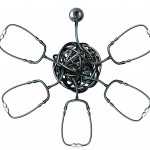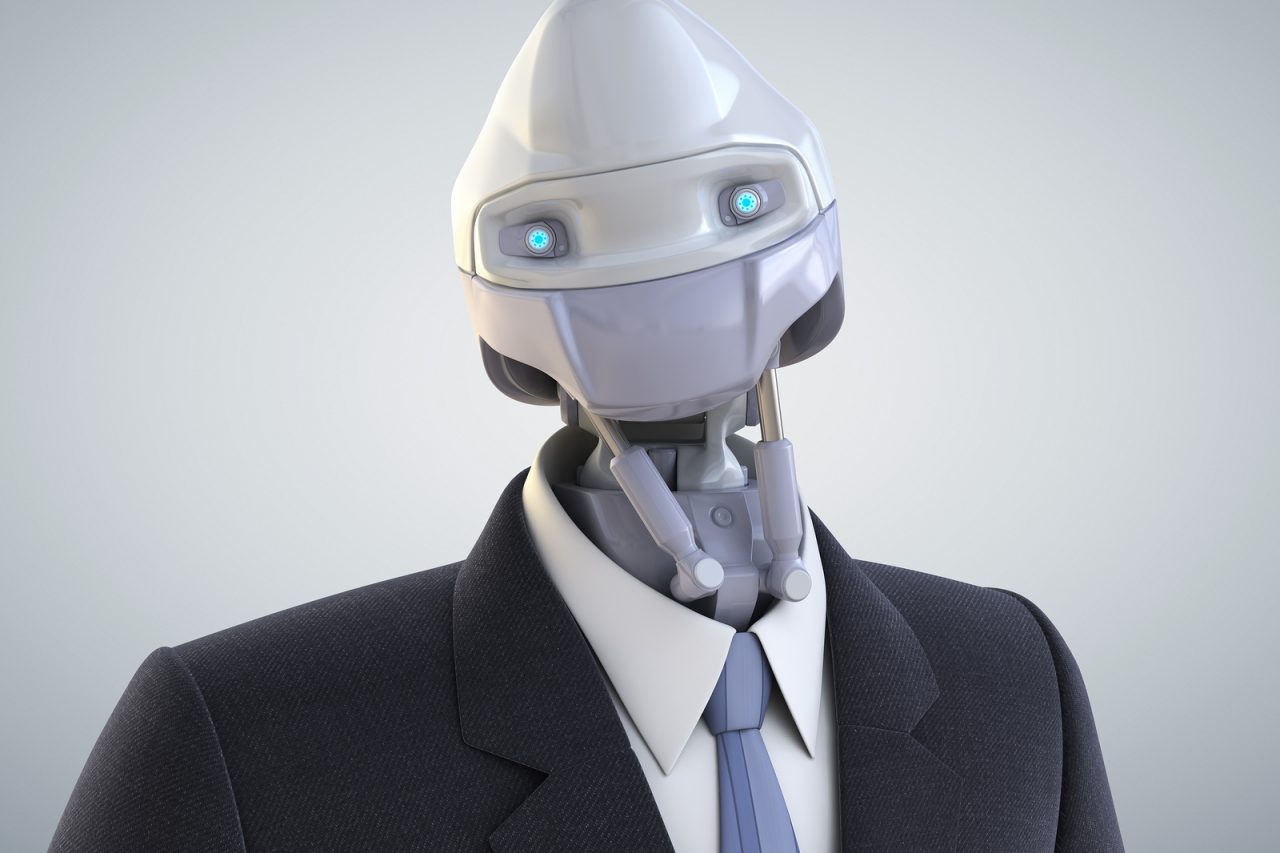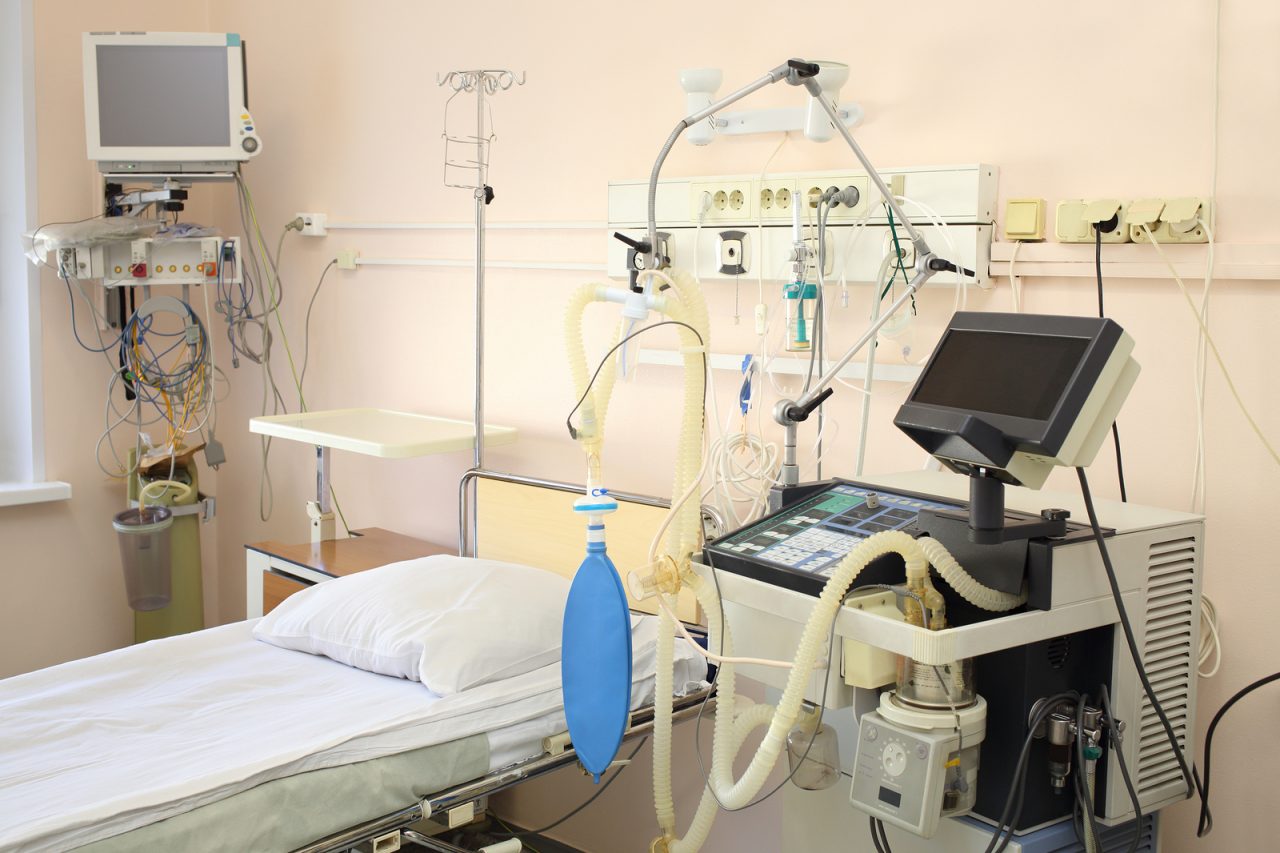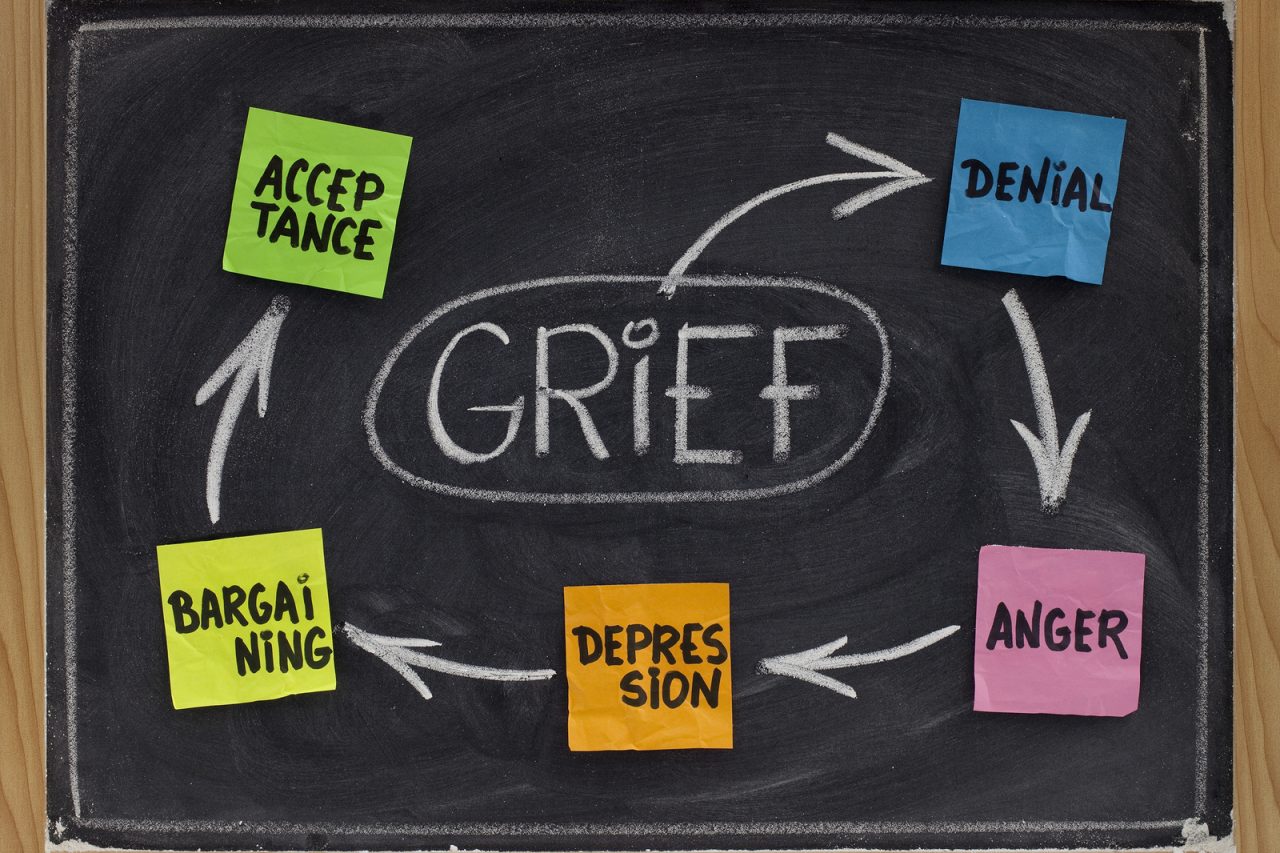New Jersey is considering following four other states in legalizing physician-assisted suicide. The Death with Dignity Act would allow people with less than six months to live to receive a prescription for a fatal cocktail and then to commit suicide at the time of their choosing in the privacy of home. This weekend I had the opportunity to participate in a debate on the merits of the proposed law. While I appose this act, the wisest comments were not from the panel, but from the “audience” who carried on a vocal and revealing discussion and taught me a great deal.
While many people spoke, and all were interesting and articulate, there were two stories that, at least for me, paraphrased the core ideas. These comments placed physician-assisted suicide in the context of modern society.
The first was a woman who described her life over the past few years and the future that she seeks. She is a nurse with a long experience working in hospitals, nursing homes and even in hospice care. She is now dealing with her second cancer, which has metastasized and from which she will eventually die. She is receiving excellent care, including chemotherapy, and for now the disease is in control, and she is living a “great” life.
She reflected that she loves each day, and fights for every quality moment. She plans to continue to do whatever it takes to live well for as long as she can, however, she knows that the cancer will eventually end her life. She does not plan to commit suicide, but absolutely refuses to live a life without quality. Therefore, just in case her condition deteriorates to the point that it is leached of all beauty and meaning, she wants to have the option of suicide. As she has a long attachment to the medical profession, she trusts doctors to provide that gentle end.
The second illuminating comments came from the family of a man who recently died of lung cancer. The daughters of this patient detailed a long chain of atrocious medical care. They described physician neglect, poor communication, and refusal to answer questions or return phone calls. At the end of his life, as he lay dying, hospice workers did not follow-up, did not show-up and did not replace faulty vital medical equipment. It was a horrible story of suffering through a painful end and the failure of multiple caregivers to address pressing need. Desperate, on his dying bed, their father begged his daughter to write a book about “why people must suffer.”
In both cases, the nurse and the surviving family, support suicide. The first, because she wishes to maintain control. The second, because they believe patients cannot depend on doctors and even hospice may fail to give comfort and hope. I understand their points of view and cannot help but empathize with their pain. Nonetheless, after listening carefully and further thought, I conclude that the contrast between these two experiences is the strongest testimony against the Death in Dignity Act and physician-assisted suicide.
If end-of-life for most patients were like that of the nurse, the “freedom” of suicide might make sense. That is, if everyone planned for dying, everyone had the best support and everyone received optimal medical care to achieve quality at the end of life, then perhaps elective death should be an option. If even with perfect, compassionate and complete treatment, there was uncontrollable suffering, perhaps taking one’s life might be a way to find peace. Presumably, this would be a very rare event (in Oregon where suicide is legal, only 1 out of 750 use it), but dying would comfort some and many would welcome having the choice of suicide as giving them control.
However, tragically, the experience of the medically sophisticated nurse is the exception, not the rule. Most patients and families do not plan for end of life events. Often, doctors do not communicate regarding these vital issues and rarely do patients hear the precious words, “we do not have to treat the disease; we can just keep you comfortable.” Very often, even with a terminal illness, patients do not understand what is going on and therefore descend into pain, fear, and isolation. Many die in institutions, on machines, with chemotherapy infusing even as the code team performs CPR. Although many people try and as a society we have the best of intentions, quality of life at the end of life is not guaranteed and perhaps not even likely.
If we ratify suicide we may be helping a very few, but we neglect many. We fail to emphasize quality life, at the end of life, by good communication, good planning and good care. We fail to demand of doctors and the medical system what is possible. We discard the potential to live, learn and love in the last days, weeks, or months, and instead say, “Your life is worthless, make it easier on all of us, take this pill and die.”
While I appreciate the freedom to choose suicide in a perfect world, for the average patient and family, we have a long way to go. We are allowing ourselves to be distracted and neglect life’s potential by focusing on an inadequate, controversial, and ethically questionable alternative, instead of demanding of ourselves and our society improved life at its end. That is the vital conversation and we all have much to learn. Quality at the end of life must be our destination, and we must not stray from that path.







20 Comments